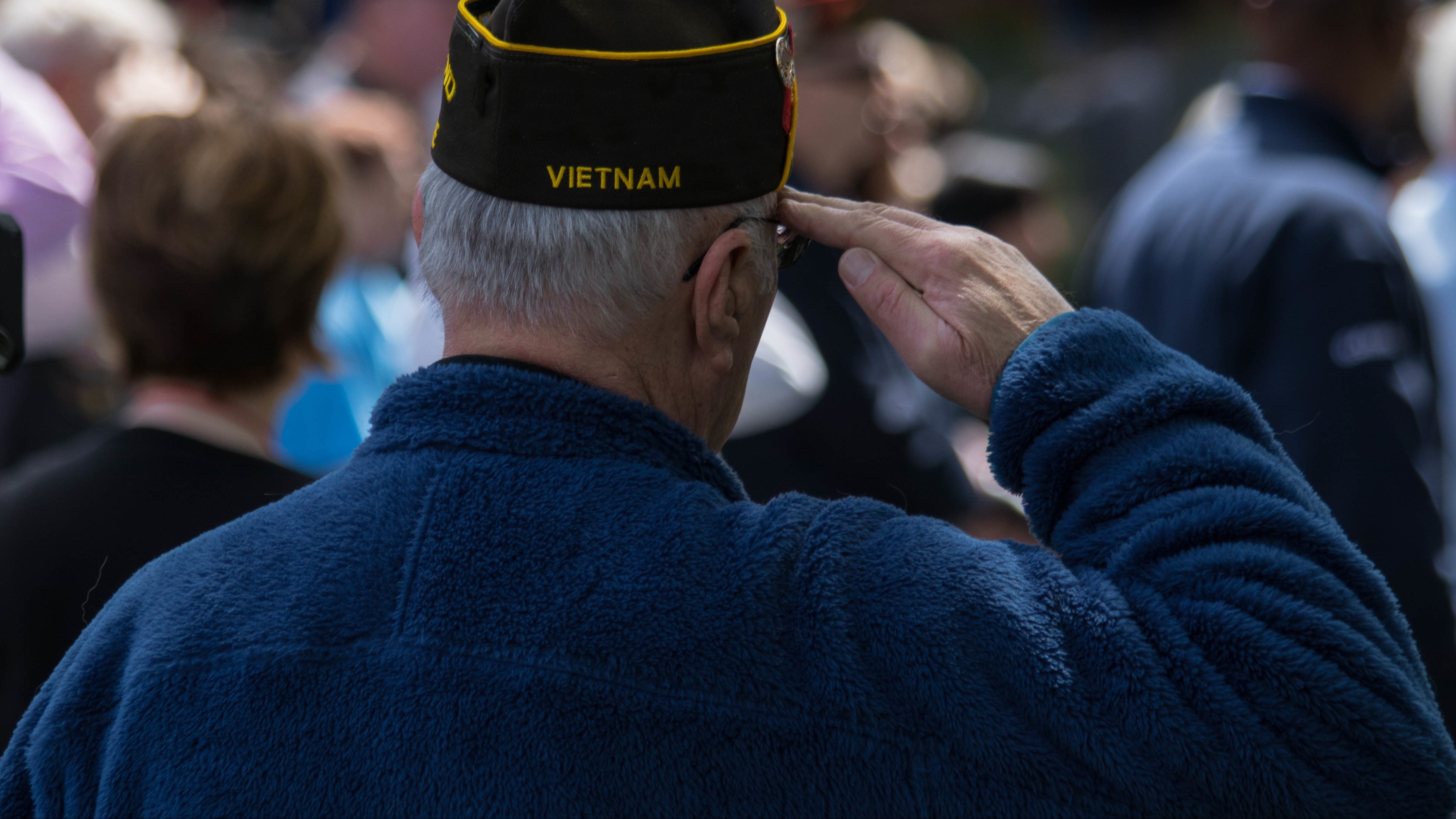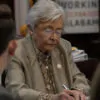Researchers are working to better understand the needs of Birmingham area veterans. Doing so, those researchers say, could open up new windows of help to those deserving veterans.
Kirsten Laha-Walsh, a doctoral student at the University of Alabama’s School of Social Work and the project director of the Greater Birmingham Veterans Needs Assessment, said the project is a combined effort of UA’s School of Social Work’s Office for Military Families and Veterans and two non-profits: Vettes 4 Vets and Priority Veteran, which is a United Way organization.
“They recognize the need for figuring out are veterans getting what they want as far as services in Birmingham,” Laha-Walsh said.
There are plans to hold focus groups with veterans, broken into six different population groups, including post 9/11, pre-9/11, women, Black, rural and National Guard and Reserve veterans.
The program offerings from the various veteran services are very different, Laha-Walsh said, so they want to learn whether each subgroup of veterans believes a particular service is meeting their needs. By breaking them into those groups, the veterans may feel more comfortable discussing their own unique stories, she explained.
The COVID-19 pandemic has put plans for those in-person focus groups on hold, however, and the assessment’s work has shifted online, where veterans are asked to fill out a needs assessment survey, which can be found here. The survey will be available until Nov. 15, and there are cash incentives for veterans and for service groups that send veterans to fill out surveys.
“Veterans who complete the survey will be given the option to provide their email address to be entered into a drawing for one of several $50 gift cards,” according to the needs assessment’s website. “Additionally, if a veteran has been referred by a supportive organization, they can provide information on who referred them, and the supportive organization who refers the most amount of participants will receive a financial award.”
David Albright, a U.S. Army veteran and director of UA’s School of Social Work’s Office for Military Families and Veterans, in responses to APR’s questions about the assessment, wrote that veterans comprise approximately 9 percent of Alabama’s population.
“The Office for Military Families and Veterans strives to coordinate and facilitate collaborative research, education, and outreach across the state of Alabama among military families, veterans, and the organizations serving them,” Albright said. “The Greater Birmingham Needs Assessment is needed to better understand the needs of Veterans within communities and establish effective community-based interventions.”
Laha-Walsh is a veteran herself, having served as a hospital corpsman in the U.S. Navy until 2018. She said she uses and has interaction with some of the same types of services that are a part of this assessment.
“I do VA care. I navigate a lot of the nonprofits. I volunteer with the VFW occasionally, so I try to stay in my population, but I also want to help them,” Laha-Walsh said.
One large problem they’re currently seeing among veteran populations during the COVID-19 pandemic is social isolation, Laha-Walsh said.
“A lot of these organizations provide social engagement activities, community service meetings. Even now, in the virtual world, we’re doing Zoom meetings,” Laha-Walsh said. “So getting engaged with these organizations and these services, it starts with the social isolation level.”
Albright said that many veterans likely struggle with the physical distancing and quarantine, and high levels of stress and uncertainty that may lead to strong emotions and exacerbate existing visible and/or invisible wounds.
“Given many of the state’s Veterans are either not enrolled or not using VA care, it is important for community-based organizations to understand and prepare for the needs of its Veterans,” Albright said.”
Laha-Walsh echoed Albright’s statements, and said that a large percentage of veterans do not use services provided by the U.S. Department of Veterans Affairs, or other services offered to them, so a major focus is connecting those veterans to the services that can help them.”
“And it’s okay for veterans not to use the VA, but we want them to be well taken care of,” Laha-Walsh said. “We want to make sure that we’re providing enough for them, to get the care that they want and they need.”
Albright previously conducted needs assessments in Southwest Alabama and in Dallas, Marengo, and Wilco counties, and said he found that a common myth is that military service somehow results in all or most Veterans have posttraumatic stress disorder (PTSD).
“This is simply untrue,” Albright said. “Most Veterans do not have PTSD. Unfortunately, mass media provides a narrow representation of what it means to be a Veteran.”
Veterans interested in taking part in this assessment are encouraged to fill out the survey by Nov. 14, which can be found here.


















































